The Mind virus
A new primary school student, Maya, enters a new school. Unbeknownst to all, she brings with her a virus. But not just any virus... a mind virus. An idea. An idea that will spread throughout the school and never, ever leave again.
In this article, we will discuss memetics, a discipline in which we treat ideas, or "memes," as living organisms. These memes spread, evolve, and compete for survival in the minds of their hosts.
💡 This is a collaborative evolving text. You can submit edits and vote on edits. I do not own the text. You do not own the text.
Imagining ideas as evolving populations has many benefits. It can help you better understand the world and operate within it. However, I would caution against taking this concept to extremes; a grain of salt is needed. Treating ideas as living beings can be an effective metaphor, but like all metaphors, there are points where it falls short.
Now, Maya likes the new school and does as children do. She goes to class and makes friends. A few weeks go by, and the mind virus remains dormant. But then the day arrives. The first day of October, and it is now that the mind virus strikes. Maya greets her classmates and then, without warning, with a smile on her face, gives them a sharp pinch and a playful punch. "A pinch and a punch for the first day of the month!" Maya cackles.
A school of young children is the perfect environment for the phrase “A pinch and a punch for the first day of the month”. The phrase, simple yet memorable, appeals to the children's love for rhyme and rhythm. It's easy to remember, easy to repeat, and most importantly, it comes with an exciting, tactile action that the children can't resist. Children love opportunities to pinch and punch. Whether a bully being mean or a friend playing, the opportunity is highly valued.
So, when Maya pinches and punches her friends, the idea replicates. It spreads from Maya to her friends. Now the phrase is not "alive" in the sense that it has an agenda. It does not 'want' to spread. It does not 'want' anything; it is simply an arrangement of concepts in spoken form. It is simply that this arrangement of concepts, when combined with young children, has a tendency to spread.
Each month, on the first day of the month, the population of the mind virus grows. Children spread it from one to another. The school environment provides an ideal setting for the meme to take hold and flourish. The close proximity of children, their frequent social interactions, and the shared experiences of the classroom all contribute to the rapid transmission of the phrase.
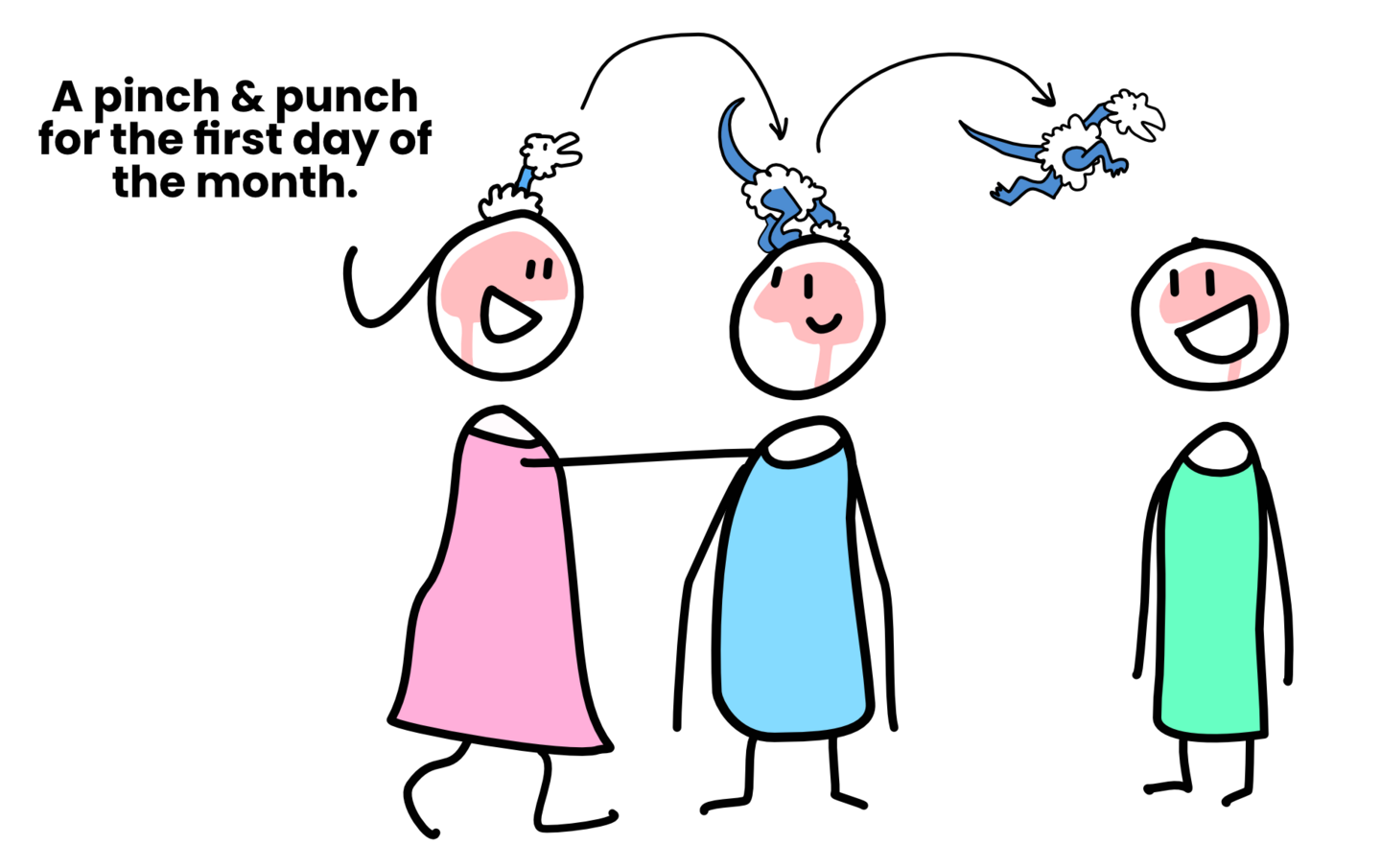
Over time, the meme's popularity will rise and fall. Social dynamics are important to kids, and this affects the transmission of the meme. For children, fitting in and being part of the group is of utmost importance. When a popular phrase like "A pinch and a punch for the first day of the month" begins to circulate, children are quick to adopt it as a way of signaling their belonging and participation in the shared culture of the school. The meme becomes a social currency, a way for children to connect and bond with their peers. As more children adopt the phrase, its value increases, making it even more appealing to those who have not yet joined in.
But at some point, this stops being true, and the meme loses its cool factor. As the kids grow up, they get interested in other memes. But do not worry, our idea will not die. Instead, it will spread to younger children. Younger children who are still the perfect hosts. It is unlikely the idea will ever leave the school.
Memes live off of situational attention.
“A pinch and a punch for the first day of the month” is only relevant at certain moments. Specifically at the beginning of the month. This temporal specificity is true for all memes. They are specialized for a situation. They are adapted to be triggered by certain ques in the environment.
This is so fundamental that it underlies language. The idea of a fish only appears in situations where “fish” is relevant. Every single word is a “meme” that has found a valuable spot in your head as a reference to some external phenomenon.
In this way we can imagine memes as an ecosystem of valuable tools that your brain cultivates in order to best deal with its various problems. Each word / concept has found a niche of representation. A niche defined by the needs to represent the external situation.
Where to go from here…
Hmm this is as far as I got. But I feel this could be a really strong topic. I think the story quickly introduces the concept, now I want to dive deeper while still keeping it light? hmm not sure how to proceed. I could jump right into meme complexes? Any advice? Feel free to have a go and submit an edit.
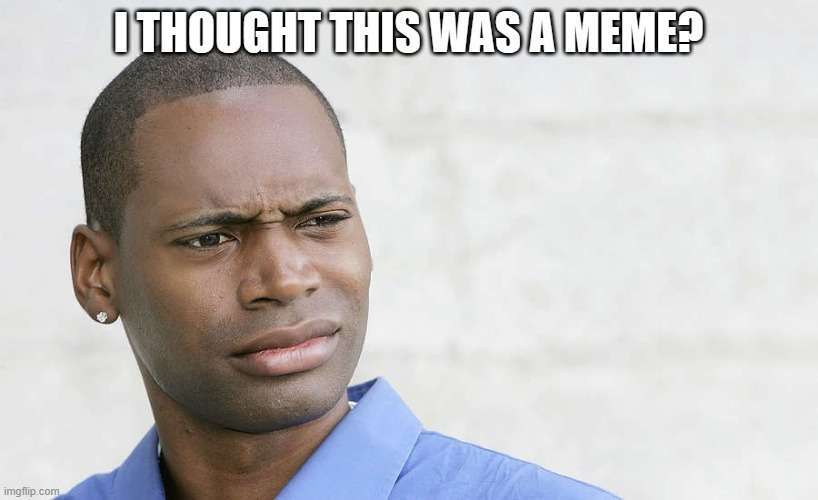
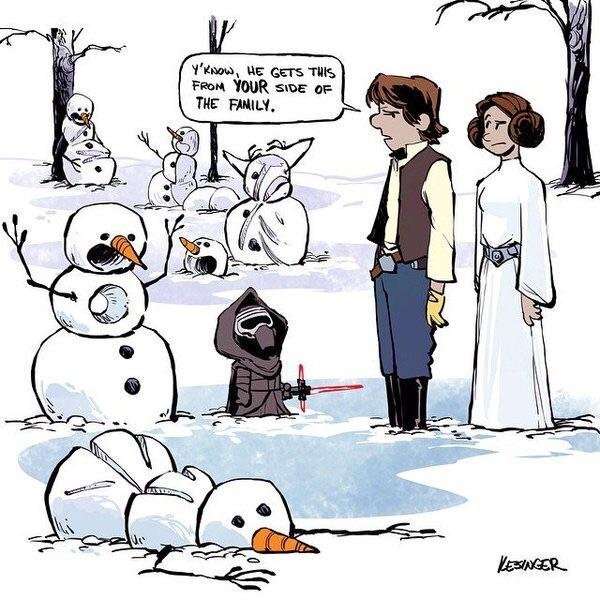
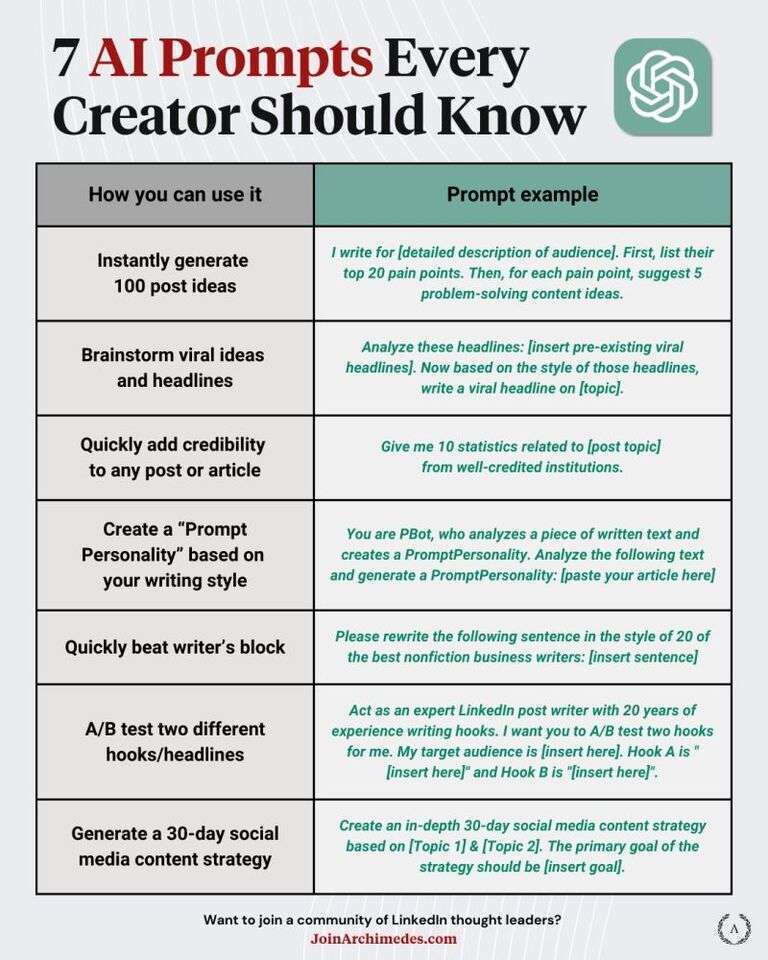
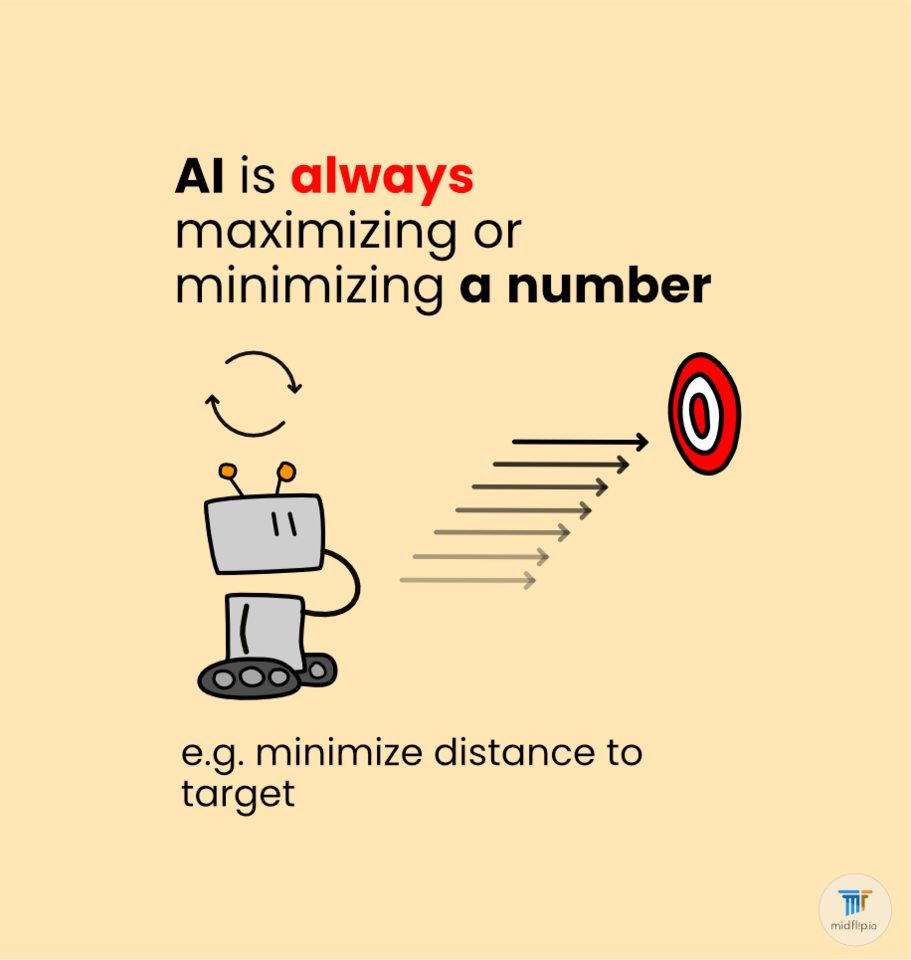
Hot comments
about anything